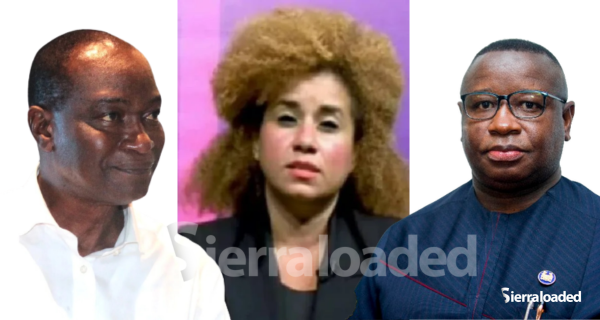As we look forward to the forthcoming report from the Electoral Reform Committee, established in the wake of the National Unity Agreement, our nation finds itself enveloped in a cloud of scepticism, polarisation, and unease.
While it is imperative for engaged citizens to raise legitimate concerns about the future of our democracy, it is equally crucial to reject any calls or incitements to violence, regardless of the Committee’s recommendations.
It is disconcerting to witness misconceptions circulating among some members of the public, particularly the notion that the Committee’s primary focus is to trigger a rerun of the 2023 election. More alarming are the threats of violence should the recommendations not align with those expectations. This prompts us to ponder how those advocating for a rerun justify their stance, given the erosion of trust in our political parties and institutions. What does it signify when those disillusioned with the system anticipate a rerun facilitated by the very establishment they mistrust?
The answers to these questions underscore a prevalent illusion among citizens that a rerun election holds the key to resolving all our problems. However, the reality is far more complex. Our nation’s challenges run deeper than the mere act of conducting another election, and failure to acknowledge this has entrenched political instability as a defining feature of our landscape.
Recent events serve as poignant reminders of the depth of our societal fissures. The manipulation of the Bar Association elections not only brought our legal fraternity into disrepute but also highlighted the fragility of our democratic institutions. Violence erupting on university campuses during campaigns for Student Union elections within various interest groups further underscores that our challenges extend far beyond the scope of the electoral reform Committee’s mandate.
Regardless of whatever they recommend, without a collective dedication to fix our rule of law institutions and respect and protect the rule of law, we will not succeed.












Indeed, electoral reforms will not address or solve the problems we currently face. We just had a reform/amendment to the electoral laws in December 2022. The Public Elections Act, of December 2022 stipulated a formula for determining the “threshold value” ,based on the district population and allocated district seats. So Moyamba District and Kenema District with different population and allocated seats will have different “threshold” values. But that formula was not followed by ECSL. Instead they applied a uniform threshold value (11.9%) across the whole country. Laws mean nothing in Slone.
This is not what we as citizens of this great country yarn for. We want our your efforts as leaders to take the stage and create a clear and transparent path for us the future generations to tread carefully on.
There is division in all sectors of this country. Injustice and corruption has been rampant with little to account for. Few years back, the state revenue department explained to us our current revenue and what we should expect in few years. But………
What we need direly is transparency, accountability and the rule of law to prevail and been preserved.
Our judicial system should operate in accordance with “ the law as it should be and not the law as it is.”